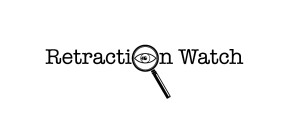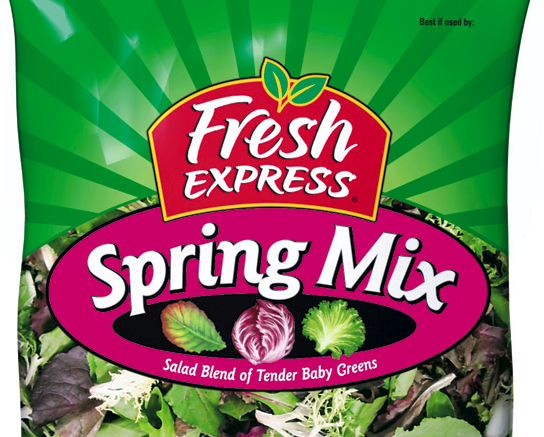Retraction Watch does a great job keeping us uppity PhD types honest.
And food safety is no different than any other field.
Three journals in the food sciences are retracting a trio of papers published last year on bacterial contamination in pork products  because the articles used the same data sets — a classic (Platonic?) case of “salami slicing.”
because the articles used the same data sets — a classic (Platonic?) case of “salami slicing.”
The Journal of Food Protection, which published one of the articles, “Performance of three culture media commonly used for detecting Listeria monocytogenes,” has the following retraction notice:
Andritsos, N. D., M. Mataragas, V. Karaberi, S. Paramithiotis, and E. H. Drosinos. 2012. Performance of three culture media commonly used for detecting Listeria monocytogenes. J. Food Prot. 75:1518–1523. Received 21 December 2011; Accepted 19 March 2012. doi:10.4315/0362-028X.JFP-11-556.
This article has been retracted at the request of the Scientific Editors.
Three articles, which described essentially the same research and used the same set of data, were published by the authors in different journals (Bayesian inference for quantifying Listeria monocytogenes prevalence and concentration in minced pork meat from presence/absence microbiological testing, Food Microbiol. 31:148–153; Estimating the diagnostic accuracy of three culture-dependent methods for the Listeria monocytogenes detection from a Bayesian perspective, Int. J. Food Microbiol. 156:181–185; Performance of three culture media commonly used for detecting Listeria monocytogenes, J. Food Prot. 75:1518–1523).
Although the authors believed the analysis of the data warranted the separate papers and did not deliberately attempt to mislead, the editors and reviewers have found that the work did not justify separate publications and that the use of the same data was unacceptable. The Editors agree that the three articles should be retracted. They also agree that the authors should be given the opportunity to combine the work into one article, to be submitted for publication in one of the journals.
One of the conditions of submission of a paper for publication is that authors declare explicitly that their work is original and has not appeared in a publication elsewhere. Re-use of any data should be  appropriately cited. The scientific community takes a very strong view on this matter and apologies are offered to readers of the Journal that this was not detected during the submission process.
appropriately cited. The scientific community takes a very strong view on this matter and apologies are offered to readers of the Journal that this was not detected during the submission process.
We couldn’t find retraction notices for the other two articles, one of which, in Food Microbiology, was cited by the now-retracted paper.

.jpg) in California, sprayed with chemicals that would be used in conventional production, and then harvested immediately and washed with FIT or water. The FIT removed 99.9 per cent more, or so the company claimed.
in California, sprayed with chemicals that would be used in conventional production, and then harvested immediately and washed with FIT or water. The FIT removed 99.9 per cent more, or so the company claimed. third-party research and testing facility. These independent studies confirmed that Fresh Rinse demonstrated superior effectiveness in removing pathogens from wash water and from certain leafy greens compared to traditional chlorine washes. An article detailing the Fresh Rinse technology has been peer reviewed and accepted for publication by the Journal of Food Protection.
third-party research and testing facility. These independent studies confirmed that Fresh Rinse demonstrated superior effectiveness in removing pathogens from wash water and from certain leafy greens compared to traditional chlorine washes. An article detailing the Fresh Rinse technology has been peer reviewed and accepted for publication by the Journal of Food Protection.